Sexting is something people can do online. Sexting is a type of sexy talk that people do when using a phone, computer, or other device. Sexting involves sending messages that have sexual content like sexy writing, images or videos.
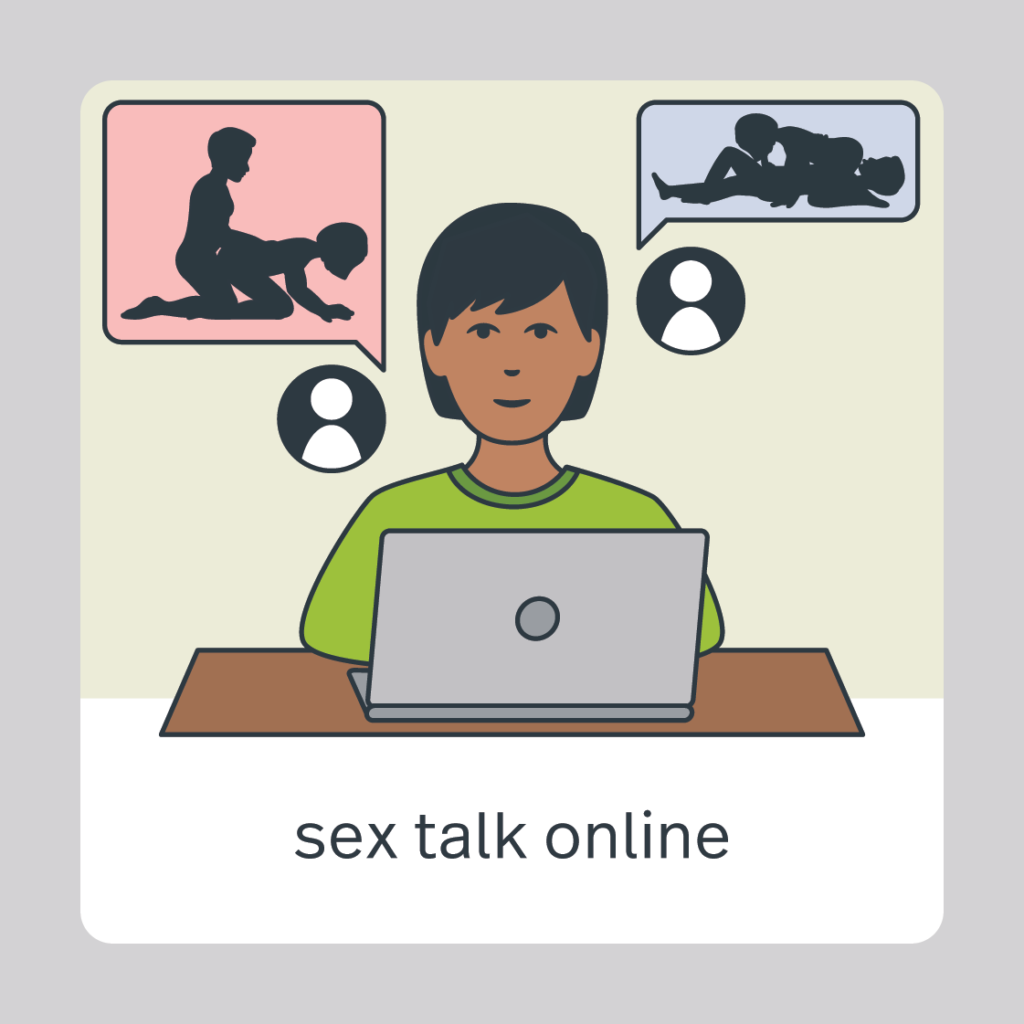





Sexual content can be made . This means that sexual content can be shared with other people. It also means that you may not have control over what people do with content you have shared.
Sexual content can be shared even if you have not given consent for this to happen. It is important that you trust the person you share a sexy image or video with. There are laws that can help keep people safe when they are online or are sexting. These laws cannot change what someone has seen.

Each state and territory have different laws about sexting. Make sure you know what the law says about sexting where you live. These laws can tell you when someone is allowed to send sexual content about themself or other people.
The law can say that for someone to be allowed to share sexual content the people in and who are getting the image or video need to:
- be 18 years of age and older.
- and have given their consent.
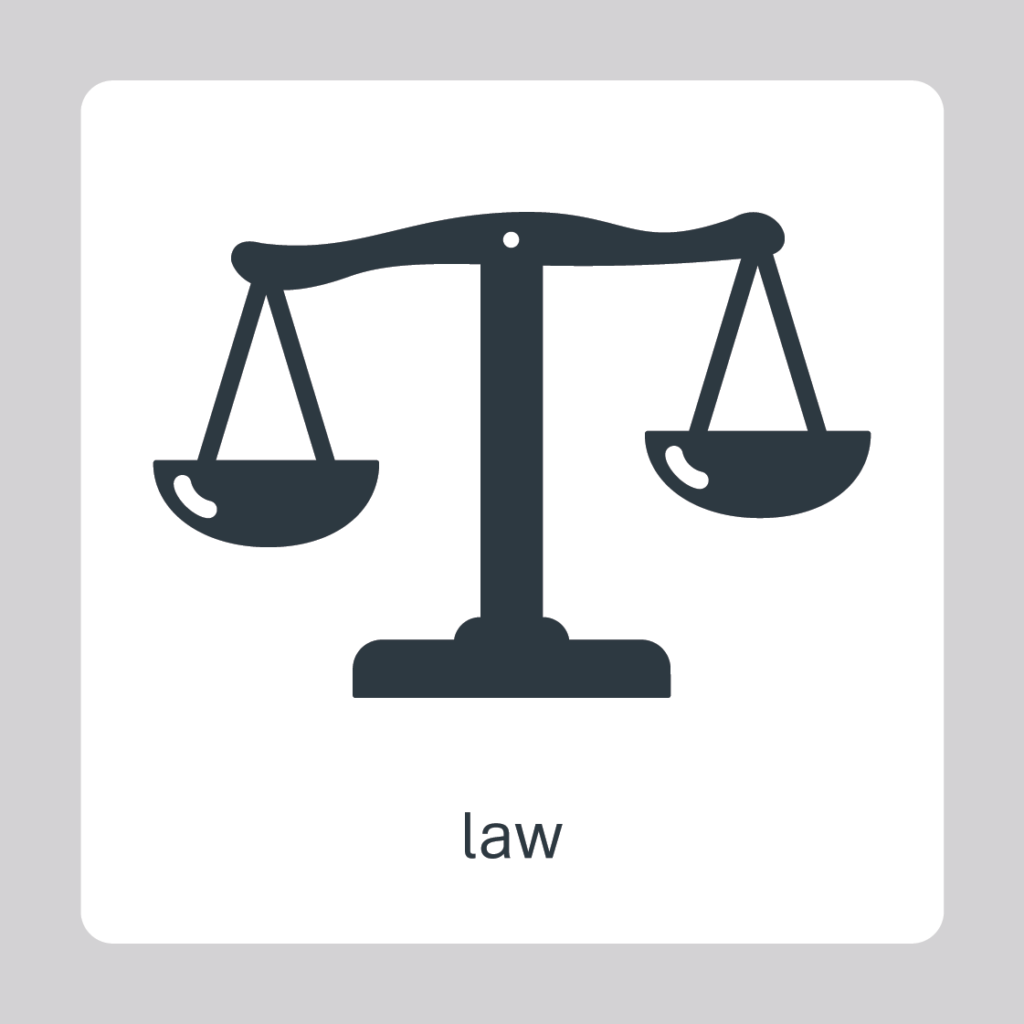
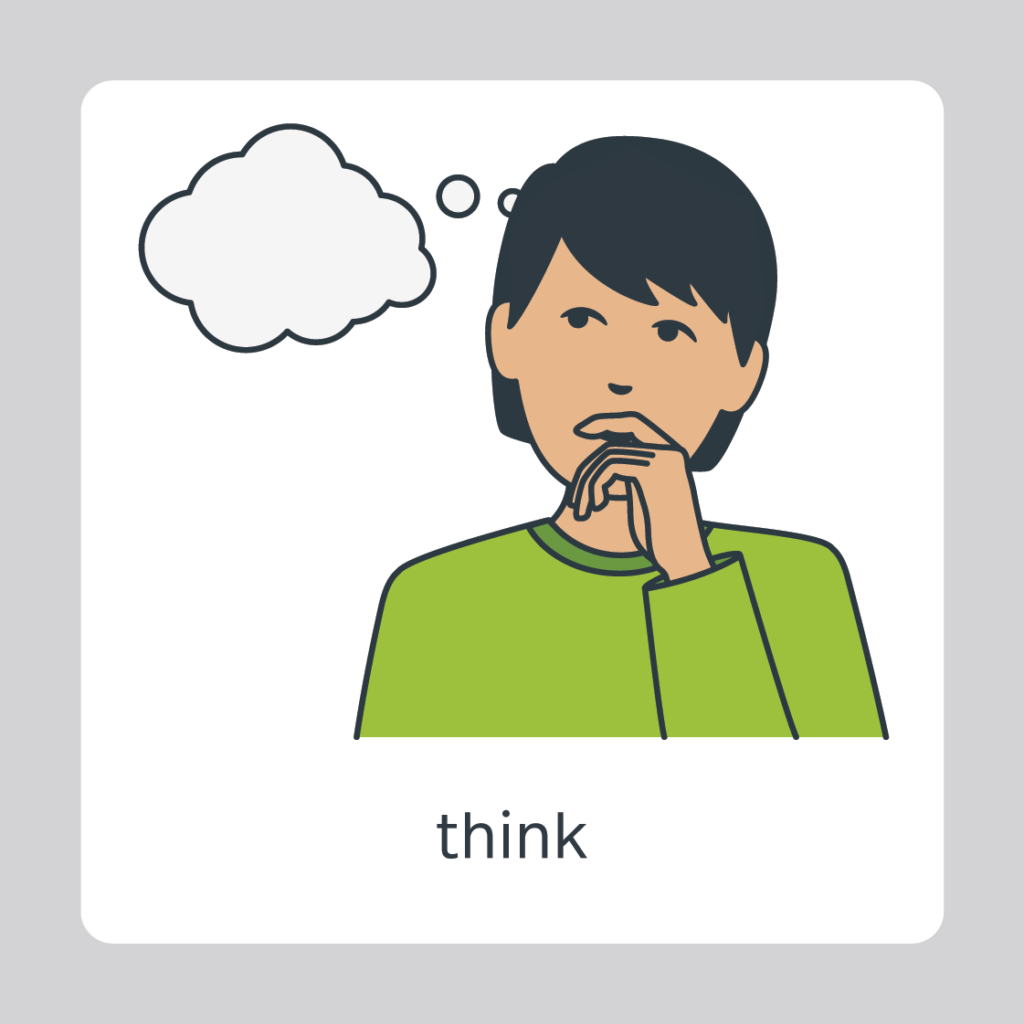
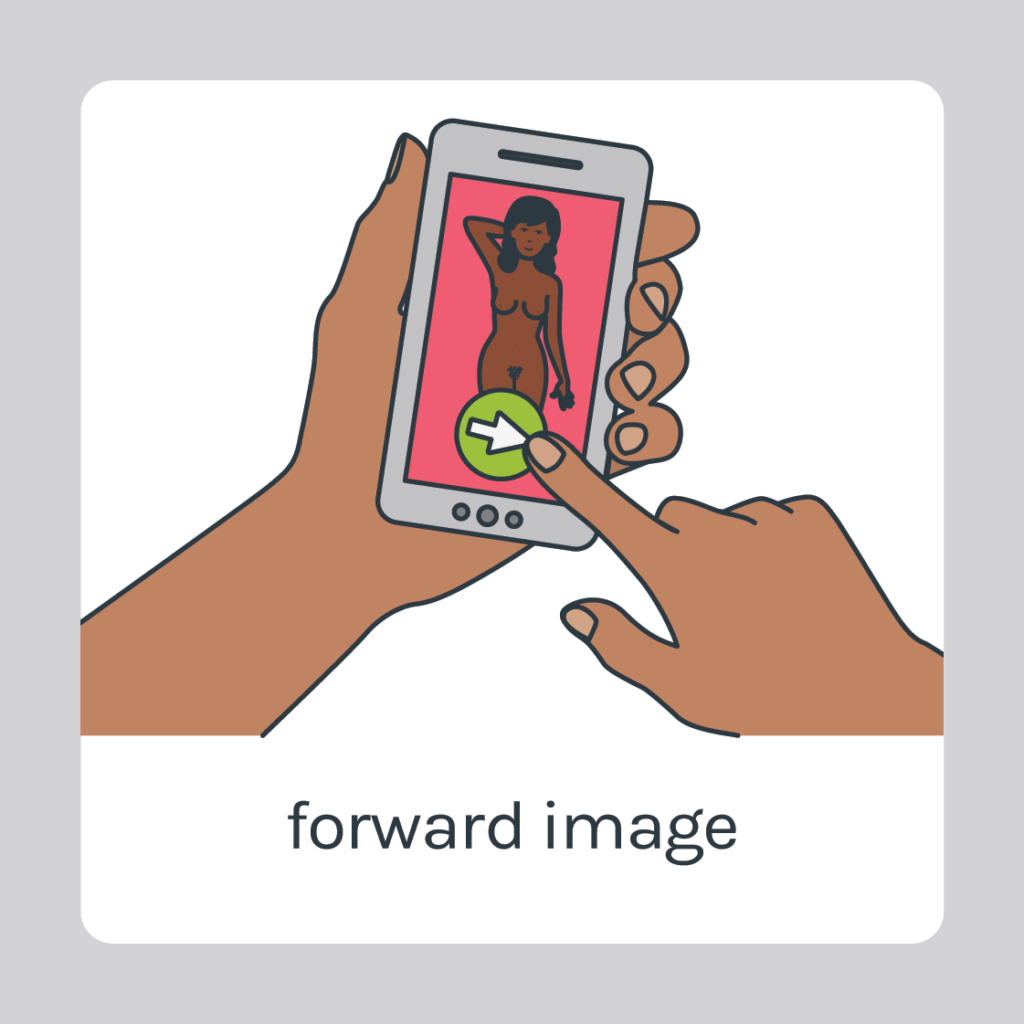


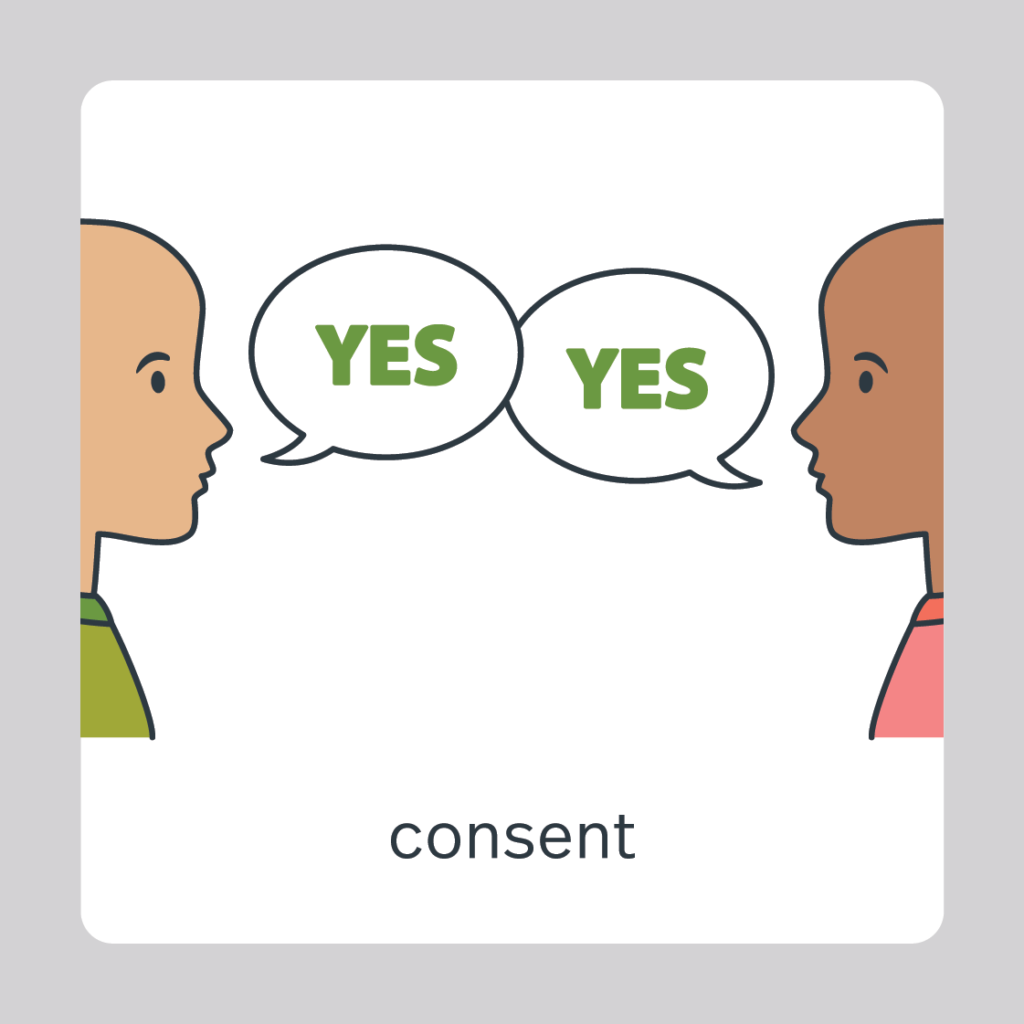

The law can say that sharing sexual images or videos of someone is not allowed when the person in the sexual content:
- has not given consent to be in it,
- or has not given consent to have it shared.
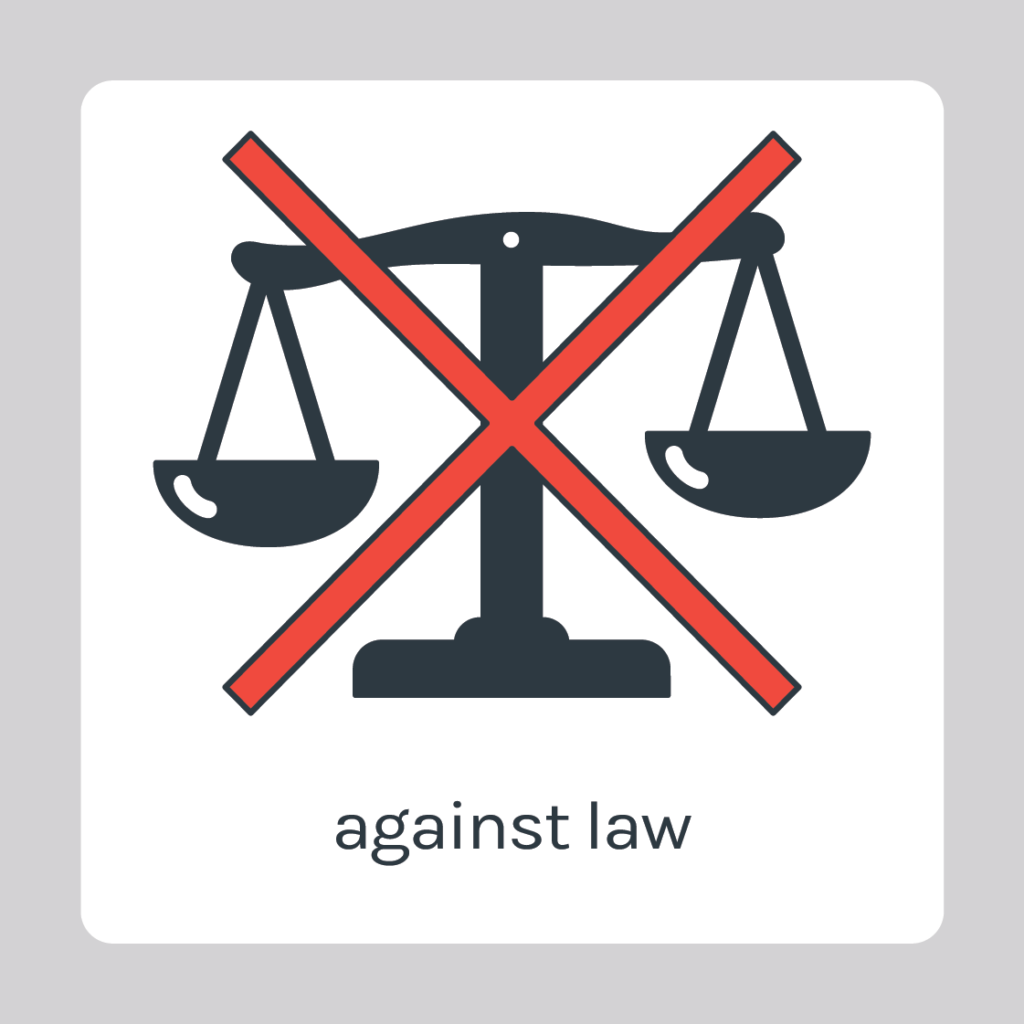

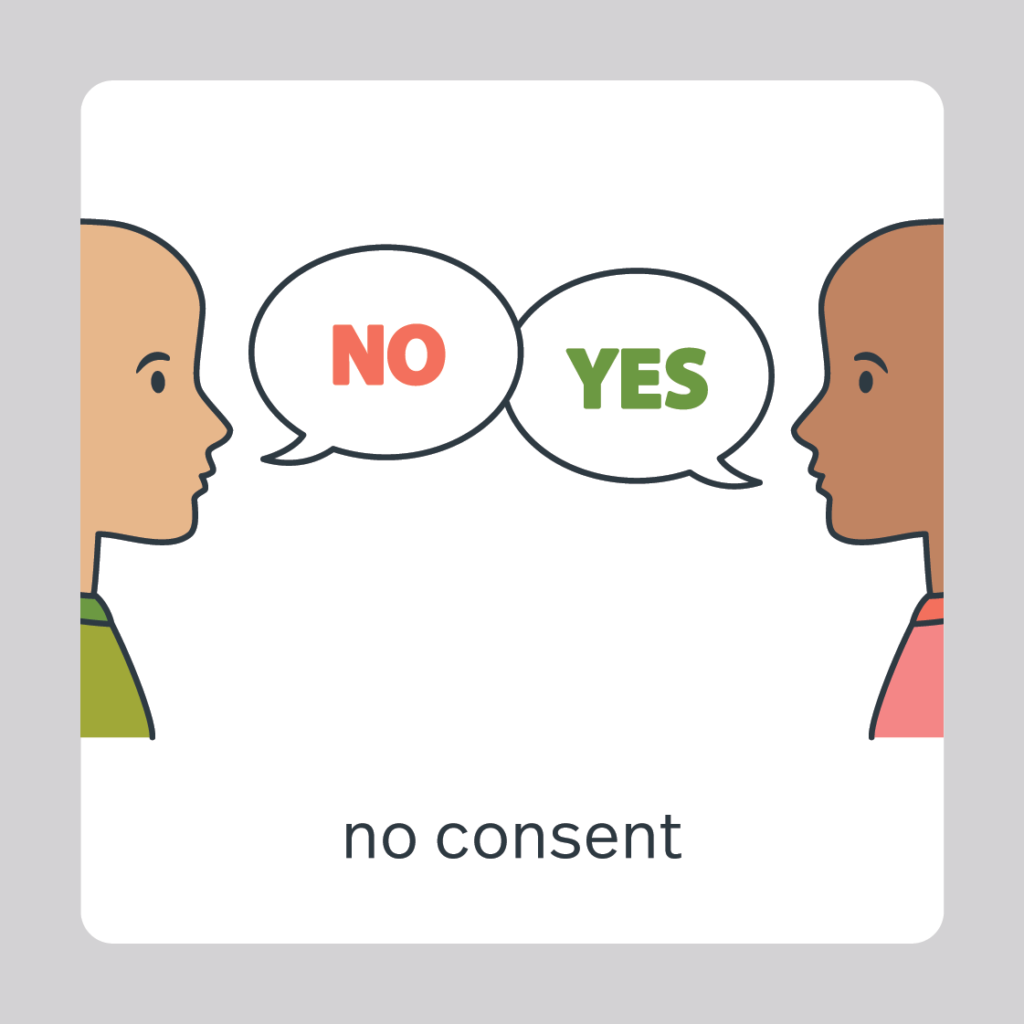



The law can also say that threatening to send sexual images or videos of someone is not allowed even if these do not get sent.


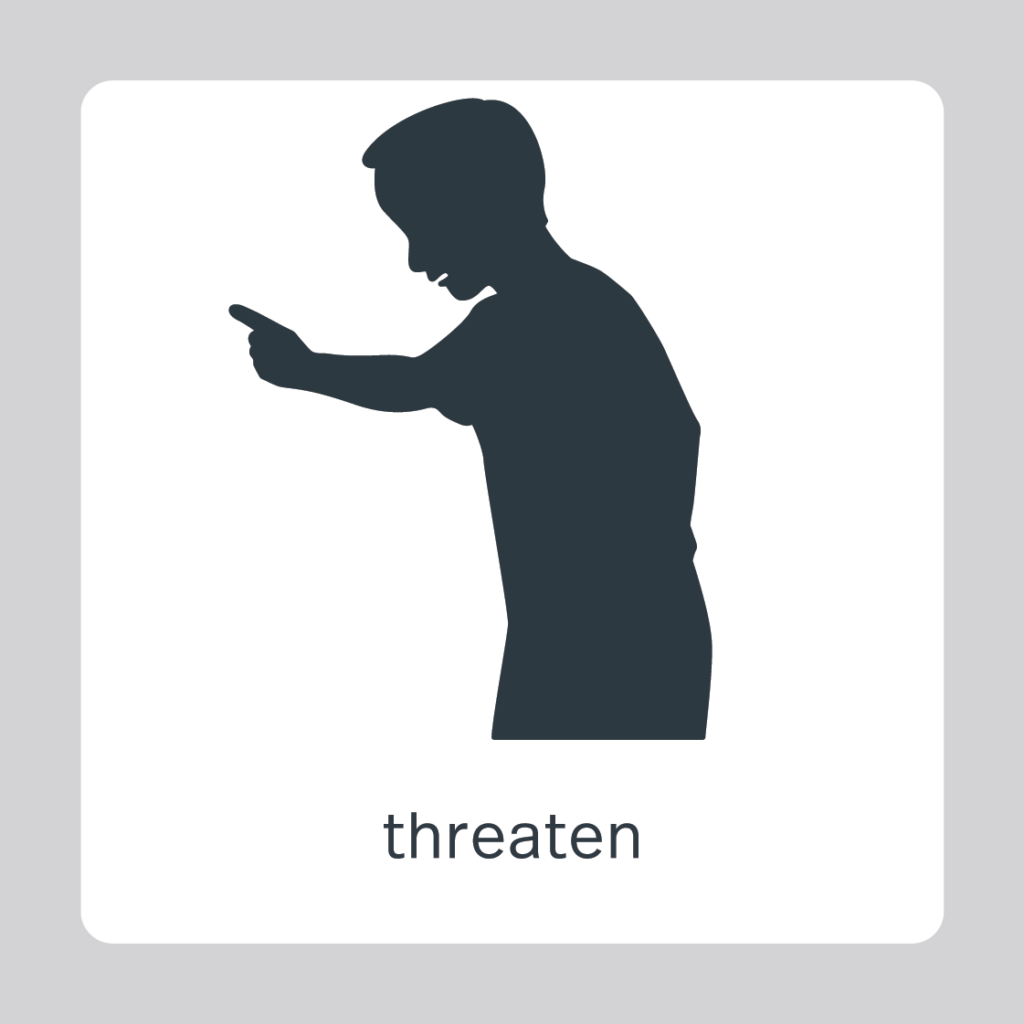


At any age it is important to do things that can help you stay safe if you are using the internet or are sexting.
A way to stay safer when you are online or are sexting is only making or sending sexual content if you and the other person are:
- 18 years of age and older,
- and have given consent.
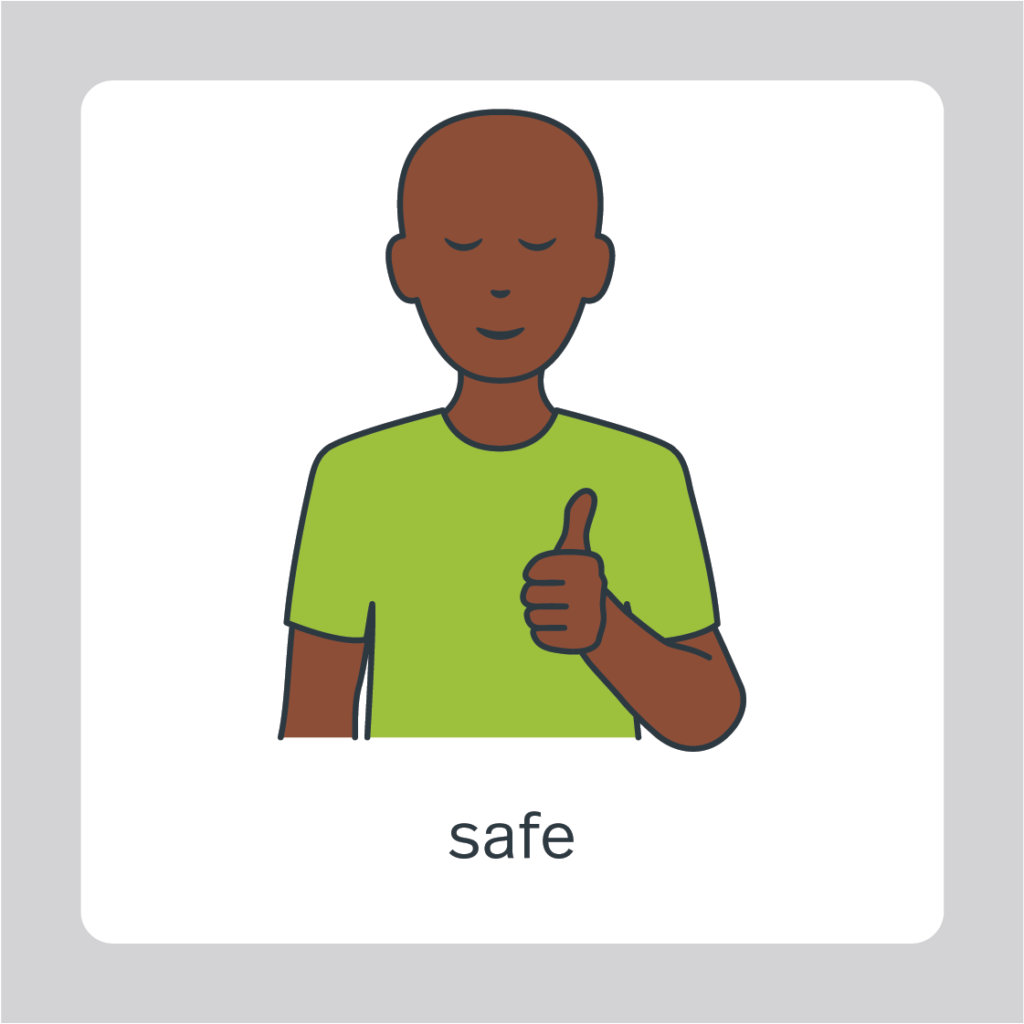







You also have the right to say yes or no to sexting. You should not feel pressured or forced to say yes to something you do not want to do or are not sure about.

Giving means yes. If someone gives consent to be sent sexual content it means that they are OK with this happening.





All people have the right to change their mind about sexting. They can say yes to sexting and then no. They can say yes to being sent some types of sexual content and no to other types.
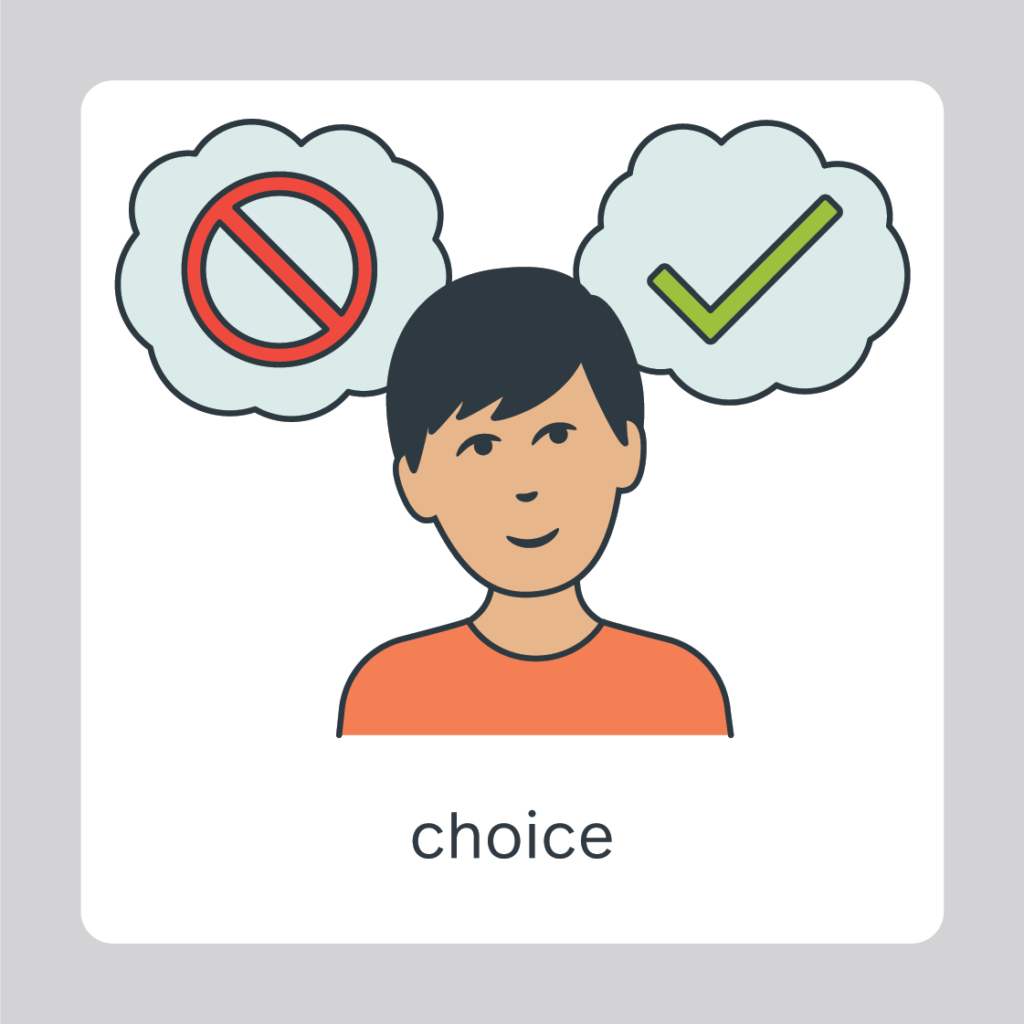



If someone does not give consent, other people need to respect this and not send them sexual writing, images, or videos. Being safer when sexting means that people always ask for, get, and give consent before making or sending sexual content.
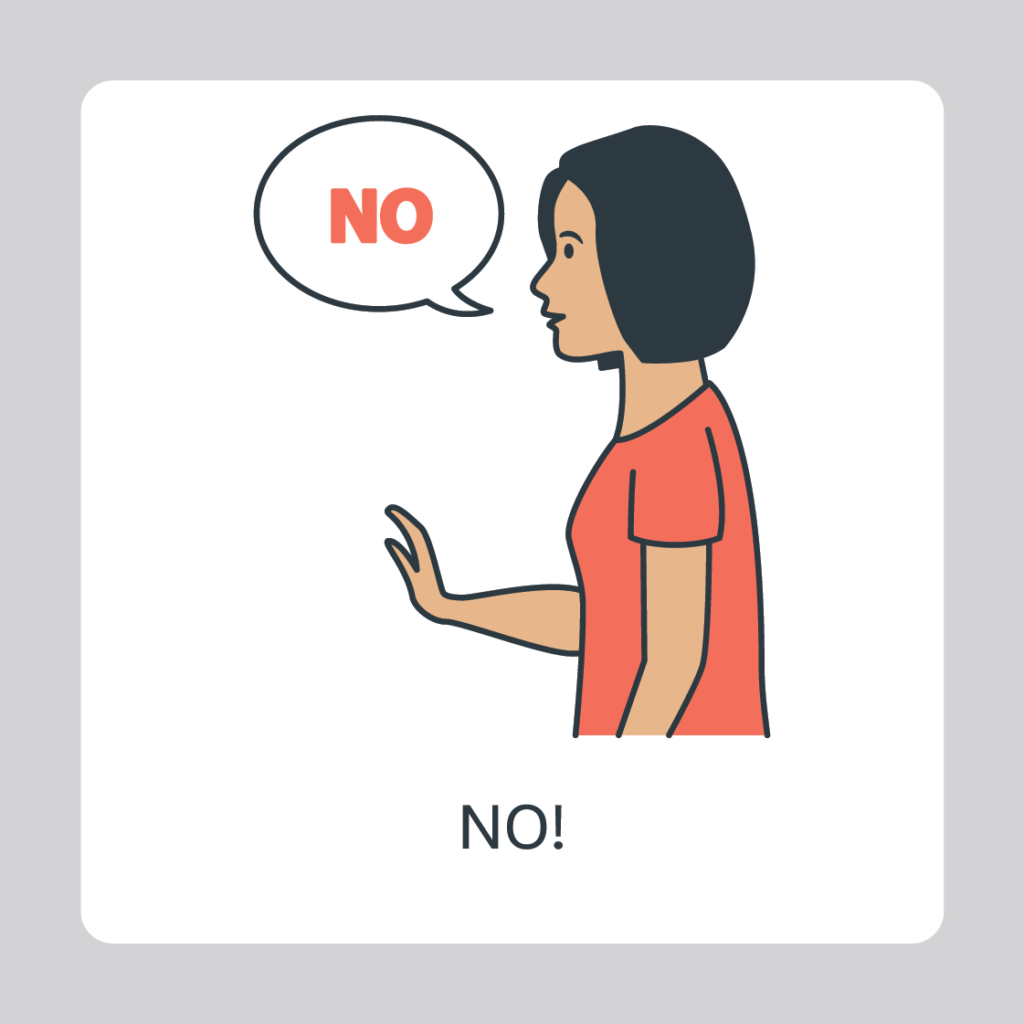





The law says when someone is under 18 years of age you are not allowed to:
- send sexual content to them,
- talk sexually with them online,
- ask them to send you a sexy photo of themself,
- or share sexual content about them.
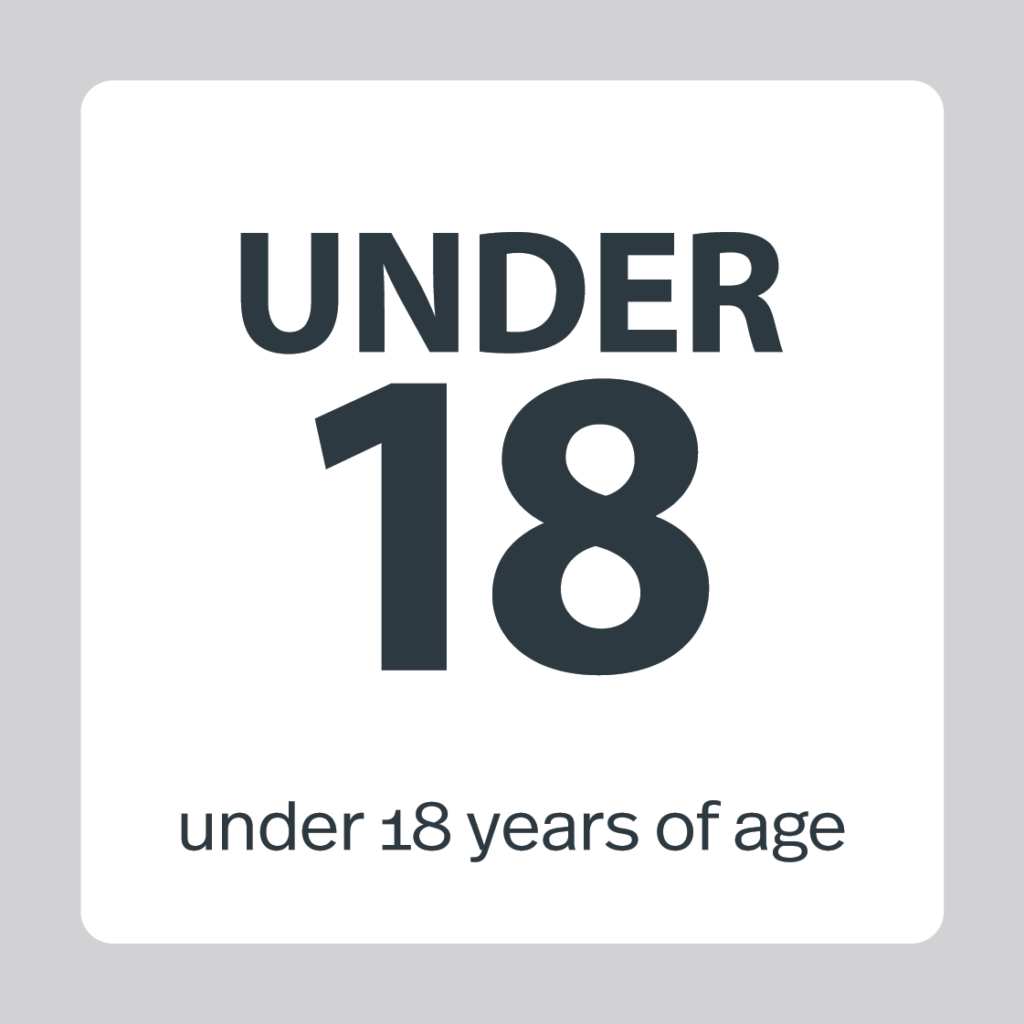


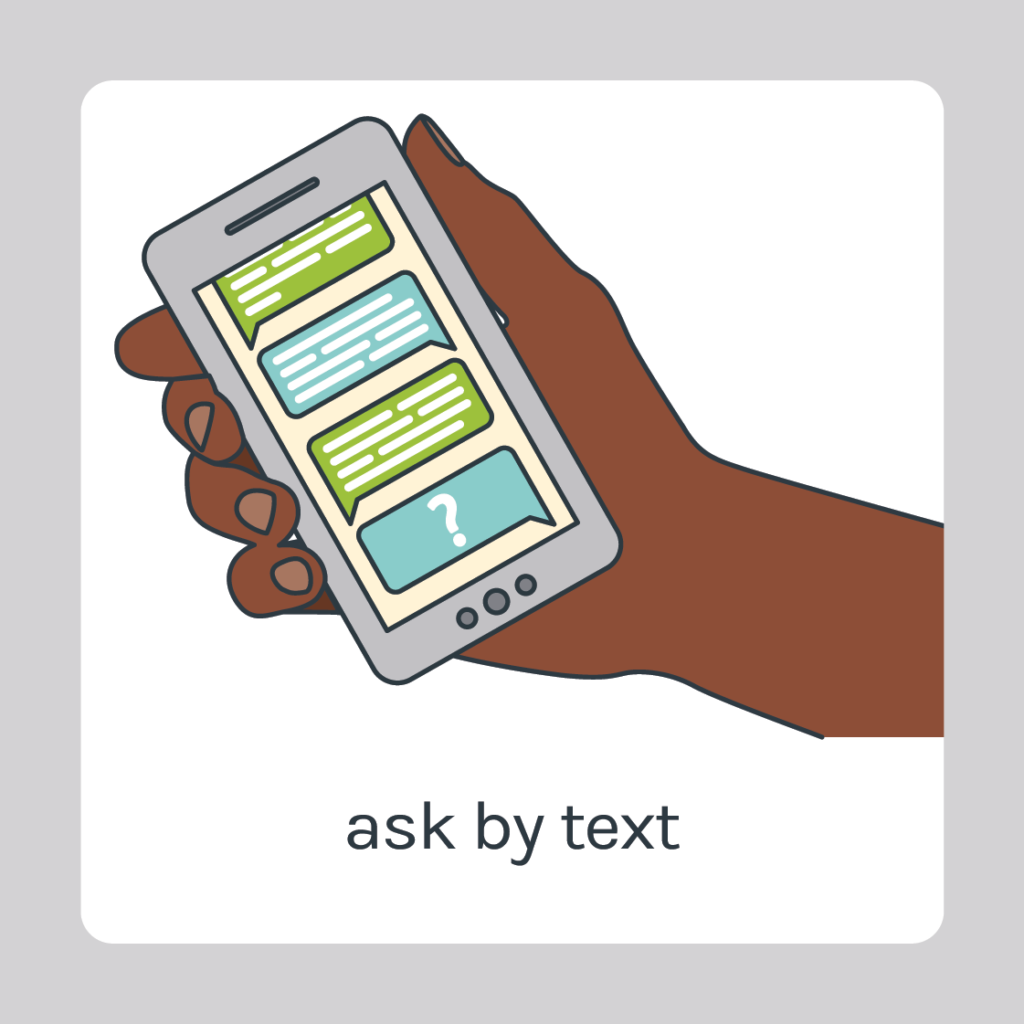



The law says you are not allowed to have sexual content on your devices that involves someone who is or appears to be under 18 years of age.
This includes sexual content like:
- sexual or naked images of them,
- images of them in sexual poses with clothes on,
- or sexual stories about them.





At any age you:
- do not have to make or send sexual content,
- should not be sent sexual content without your consent,
- and should not have sexual content made about you without your consent.

At any age you should not be sent any type of content that is worrying, upsetting, or not OK for you. You can ask someone you trust for support if these things happen to you. You can ask them to help you decide:
- what to do if someone has asked you to make or send sexual content.
- what to do with sexual content someone sends you,
- and if you need to tell someone else about what has happened.

The eSafety Commissioner looks at problems about online safety, offensive content, and anything illegal online.
If someone shares a photo of you online without your , you can report it to the eSafety Commissioner.
If you want to report a problem you can call the eSafety Commissioner on 1800 880 176 or go on their website esafety.gov.au





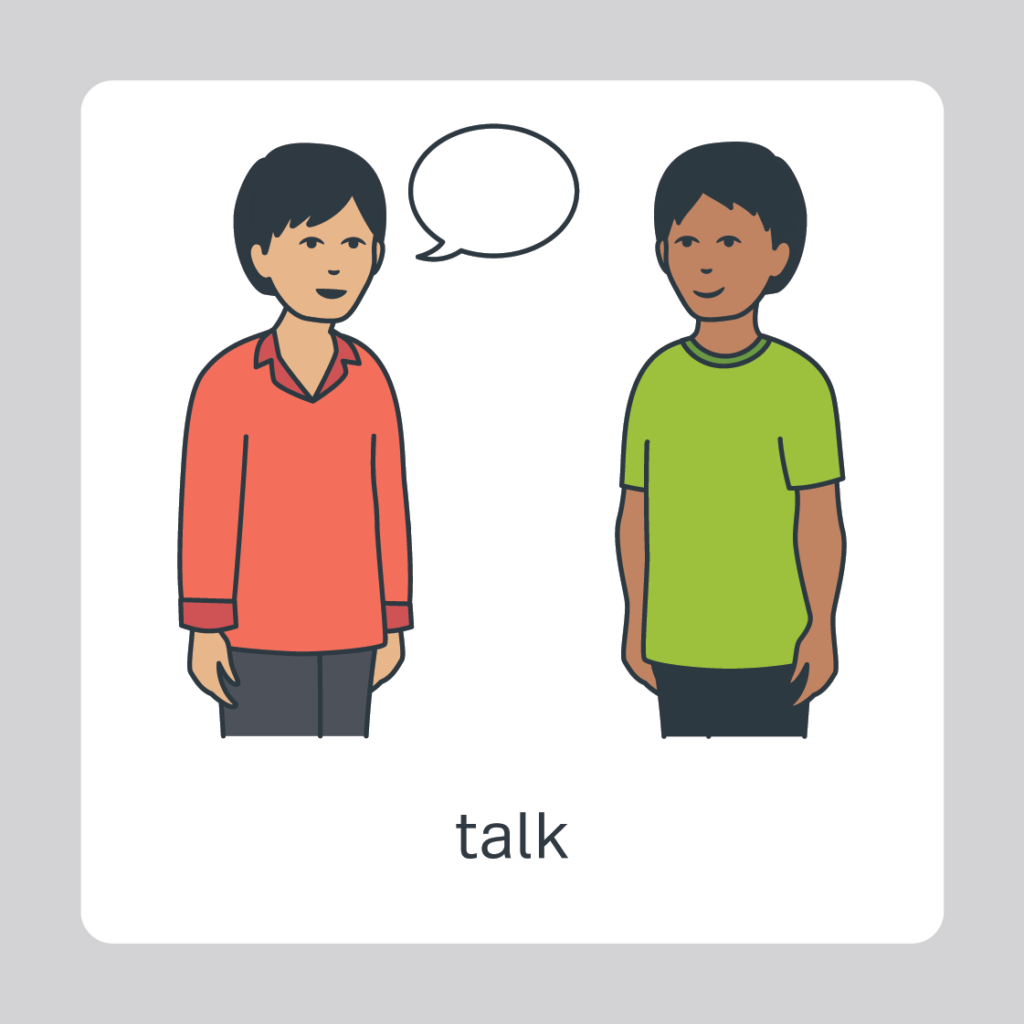
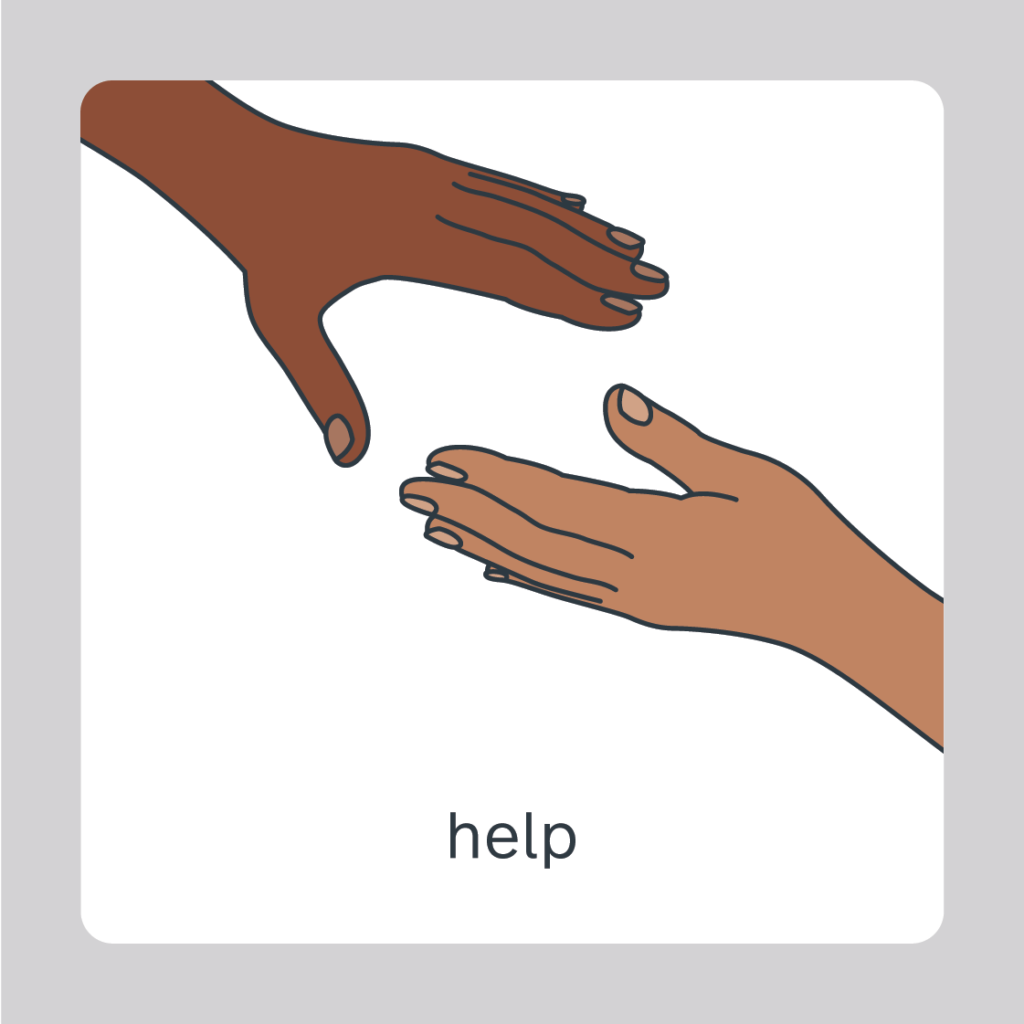
Previous section
Next section
Other sections in Unhealthy Relationships

Public things can be places, behaviour, talk, body parts, or types of touch. Public places are where there are people that can see or hear you. Some examples of public places are the shops, school, buses and the beach. You can do public behaviours in these places such as eat, meet friends or read a book, but you cannot do private behaviours in these places like masturbate, have sex or look at pornography.
Consent is a form of agreement. We consent for lots of things like sharing our belongings or deciding with a friend or support worker what you want to do in the day.
When we talk about sex and consent, we mean both people have to agree to want to have sex. No one should ever force, trick, or guilt you into sex or sexual activities. If they do, it is against the law.

